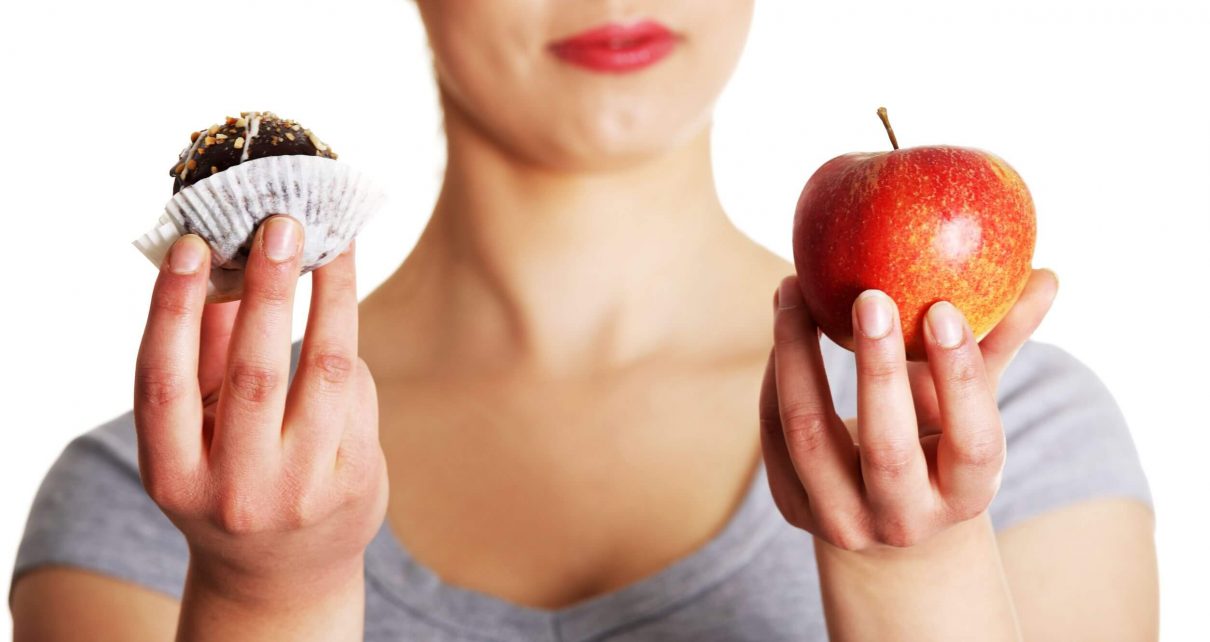We’ve all had a food craving at one time or another. A food craving is an extreme need for a certain food of type of food. The craving is so strong, it’s almost impossible to resist. Whether it’s a craving for salt or sugar, cravings are normal. It’s our body’s way of telling us what it needs to keep going. What we choose to eat can be a good or bad choice. Take the urge to eat something sweet. That could be satisfied with a slice of cake or a serving of fruit. The fruit would be a healthier option. Craving something salty? Instead of reaching for chips, try a handful of nuts instead.
Path to improved wellness
If you’re always giving into a food craving with unhealthy choices, you can change. To change, you will need to:
- Admit your choices are unhealthy.
- Find alternative ways to handle the cravings.
Tips for handling your food cravings include:
- Start slow. Change just one food craving at a time. If sweets are your biggest challenge, choose a particular food to change. Think about your biggest weakness. Is it candy, ice cream, cake? That’s where you should start making a change.
- Practice mindful eating. Think about what you are eating and when you plan to eat it. If you plan your meals ahead of time and eat properly, you can reduce impulse eating. You can focus on healthy alternatives. Also, write down your list of favorite substitutions so you don’t have to think of one each time. You simply look at the list.
- Find substitutions. If you like chocolate, switch to a small portion of dark chocolate. It is healthier. If you like mashed potatoes, try eating mashed cauliflower. It tastes a lot like potatoes, and it’s healthy.
- Add a goal periodically. After you start slow and have been successful, add a new goal. For example, if your first goal was to tackle after dinner dessert, make your second goal to pack a healthy lunch.
- Set realistic expectations. Nobody is perfect. Remember that we all fail. Keep trying and keep your goals in front of you.
- Relieve your stress. Many people eat when they are stressed. Find a new way to handle your stress. For example, take a walk, practice deep breathing, listen to music, or call a friend when you are craving a certain food.
- Drink more water. Water fills you up and makes you less hungry. Carry a water bottle with you throughout the day if you can. Sip from it throughout the day.
- Increase your protein. Protein includes things like lean meat, nuts, eggs, and cheese. When you have a craving for something unhealthy, try eating a low-fat mozzarella cheese stick, a handful of nuts, or a few slices of deli turkey.
- Get away from the temptation. When nothing else works, move away from your temptation. Get out of the kitchen, leave the grocery store, or walk away from a buffet table.
- Avoid getting overly hungry or grocery shopping when you are hungry. Never grocery shop on an empty stomach. You will buy all the wrong things. It’s best to eat before you shop, bring a list of foods you need, and stick to the list. When you go to a restaurant with friends or family, try having a healthy snack before you leave your house. This will make you less hungry when it’s time to order.
- Get plenty of sleep. Not getting enough sleep impairs our judgment. We can’t think clearly. That means we don’t make the best food choices. Also, when we’re overly tired, we tend to reach for quick sugar or salt fixes to give us energy (like candy or chips). These types of foods only give you a short burst of energy that doesn’t last. Protein will boost your energy and last longer.
Things to consider
Giving into cravings with unhealthy food is okay on rare occasions. However, doing it all the time can lead to health problems. These problems include diabetes, heart disease, high blood pressure, high cholesterol, and certain cancers.
Questions to ask your doctor
- How often is it okay to give into unhealthy food cravings?
- Do food cravings change as we get older?
- Is it okay to have unhealthy foods in smaller portions?
- Does a history of unhealthy food in childhood impact your adult health?






